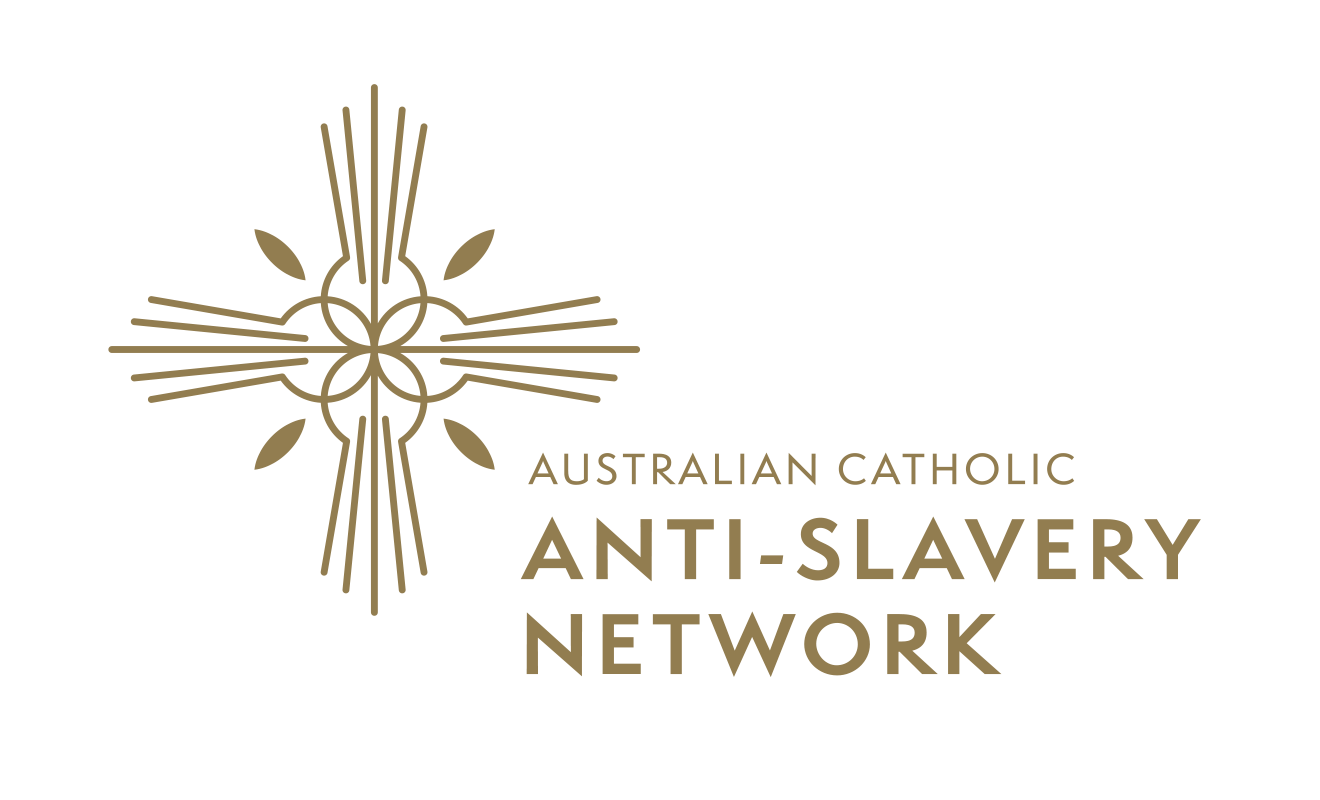The Real Cost of Banning Products Linked to Forced Labour
By Carsten Primdal, Executive Manager, Principal Consultant – Business Engagement, Australian Catholic Anti-slavery Network
In recent years, vigilance regarding human rights abuses in supply chains has notably increased, especially overseas. The European Union and the United States have implemented significant measures to prevent the entry of goods produced with forced labour into their markets. With the EU's recent policy updates and the U.S. Uyghur Forced Labour Prevention Act as benchmarks, the commitment is clear and Australia has had similar moves, notably when former Senator rex Patrick introduced his bill to ban the importation of products made with forced labour in 2021 (the bill didn’t pass).
But what does this mean for Australian businesses? Are the ethical motives behind these bans effective as economic motivators, and can it help the victims of modern slavery?
Understanding the Legislation
The European Commission has introduced measures to combat forced labour, focusing on improving human rights due diligence, traceability in supply chains and enforcing strict import controls on suspected tainted goods. Similarly, the U.S. Uyghur Forced Labour Prevention Act is aimed at products from a specific geographic region, making a near automatic assumption that goods made there are tainted by forced labour unless proven otherwise.
This places a significant burden on businesses and in particular importers—how can they ensure their goods are not tainted by slavery before it gets on the boat and leave for Australian shores?
Implications for Australian Businesses
What is the immediate consequence of these regulations? Well, if we are buying from overseas, we should expect to see the prices we pay reflect the operational cost of increased scrutiny flow through. It may also affect the level of investment Australian businesses is allocating to supply chain audits, third-party verifications, and enhanced compliance and risk functions. This isn’t necessarily a substantial financial burden, and surely it also yields benefits when we know our suppliers better!?
Knowing our supply chains is always a positive factor and especially after the Covid19 supply chain disruptions where business continuity became a real issue, the implications of not knowing them extend beyond direct costs. How will businesses manage their supplier relationships when/if long-time partners do not part take in meeting this new operating paradigm? As producers and buyers, this opens new challenges for disruptions and break downs, but it also opens new opportunities.
Capitalising on these new opportunities will lead to new and better supplier/buyer relationships, where the risk of modern slavery is taken seriously and appropriate action is taken to mitigate it, while benefitting from new and innovative products made in conditions which are acceptable.
Financial Provisions for Compliance
While the before mentioned problems and possibilities have been discussed for ages (at least overseas), there is a new development taking shape currently; Mandatory reporting standards for ESG topics, in the form of accounting standards addressing this. Already now we see requirements to allocate provisions for environmental impact. It is not that farfetched to entertain the thought that in the future accounting standards may demand that provisions for products held up in bonded warehouses, not being released for customs clearance and final import will be required.
If this eventuates, the risk becomes much more real, and it will have a financial metric attached to it. That would force financial analysts and corporate planners to account for these provisions in the way they assess and operate.
Will it help eradicate modern slavery?
What we learnt from the ‘old’ slave trade was that it didn’t stop in a meaningful way until profits were confiscated, assets used to derive the profits were confiscated or destroyed and those responsible were under threat of heavy penalties, including imprisonment.
So while balance sheet provisions aren’t exactly in the same league as asset confiscation or imprisonment, it is moving in that direction, by making the risk visible to investors, lenders and boards.
The decision to ban imports made with suspected forced labour poses significant questions for Australian businesses—questions of cost, operation, and strategic planning.
Making the financial and operational challenges worth the long-term benefits of maintaining ethical supply chains will require work, but the saying that the rising tide lifts all boats applies here too. Wouldn’t it be prudent for Australian businesses to proactively adjust their strategies and financial planning to successfully navigate this evolving issue and rise with all the boats instead of resisting the wave?
After all, compliance is just as much about the spirit as the actual rule, so maybe its time to get onboard and enjoy the benefits of having no slavery in our supply chains and operations!?
P.S. The real cost of banning products linked to forced labour is actually not a cost, but potentially a profit!

